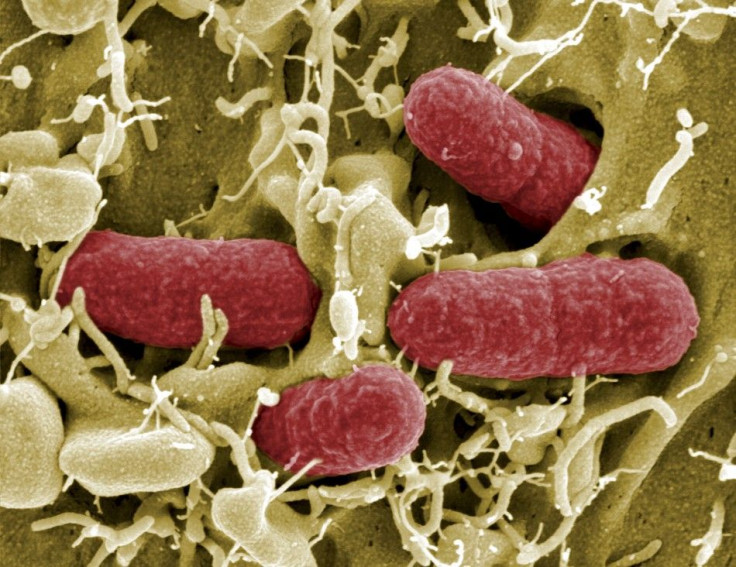Billions of Bacteria Shift House With You

You may think that nobody lives with you, but you are wrong. Your home is teeming with millions of microbes.
Science published a recent research by the U.S. Department of Energy's Argonne National Laboratory and the University of Chicago. It confirmed that these microbial residents of our homes are encroachers into our health and disease issues.
"We know that certain bacteria can make it easier for mice to put on weight, for example, and that others influence brain development in young mice," Argonne microbiologist Jack Gilbert, head of the team said. "... we wanted to map out the microbes that live in our homes and the likelihood that they will settle on us."
The study explored seven families, and the Home Microbiome Project followed the activities of 18 humans, three dogs and a cat for almost two months. Small, sample microbes were collected from hands, feet and noses daily. The research team took small dabs from objects in the house, such as handles and bars. Then they sent the samples to Argonne, for scientists to probe into them.
They wanted to research how much the shift and move of each group impacted others. They noted that in just three days, the microbes looked exactly like the earlier ones that had moved in..
Touch helped the microbes too to bring in regular contact between families, especially parents and children. Their hands were most likely to share microbes, while the noses had different ones living on them! Domestic animals, both canine and felines, brought more plant and soil bacteria into the homes.
Enterobacter, "a potentially pathogenic strain of bacteria" spread from one hand to another through the counter. "This doesn't mean that the countertop was definitely the mode of transmission between the two humans, but it's certainly a smoking gun," Gilbert said.
He noted that while we are constantly facing harmful bacteria everywhere, our immunity mostly helps us to keep stronger. Studies on microbiomes could also help in forensic research. Like fingerprints, they help us to predict which family it came from.
Whenever someone moves away with his baggage of microbes, he pulls out the related family of microbes quickly. The shift helps you to identify whether anyone has been there, done that...




















